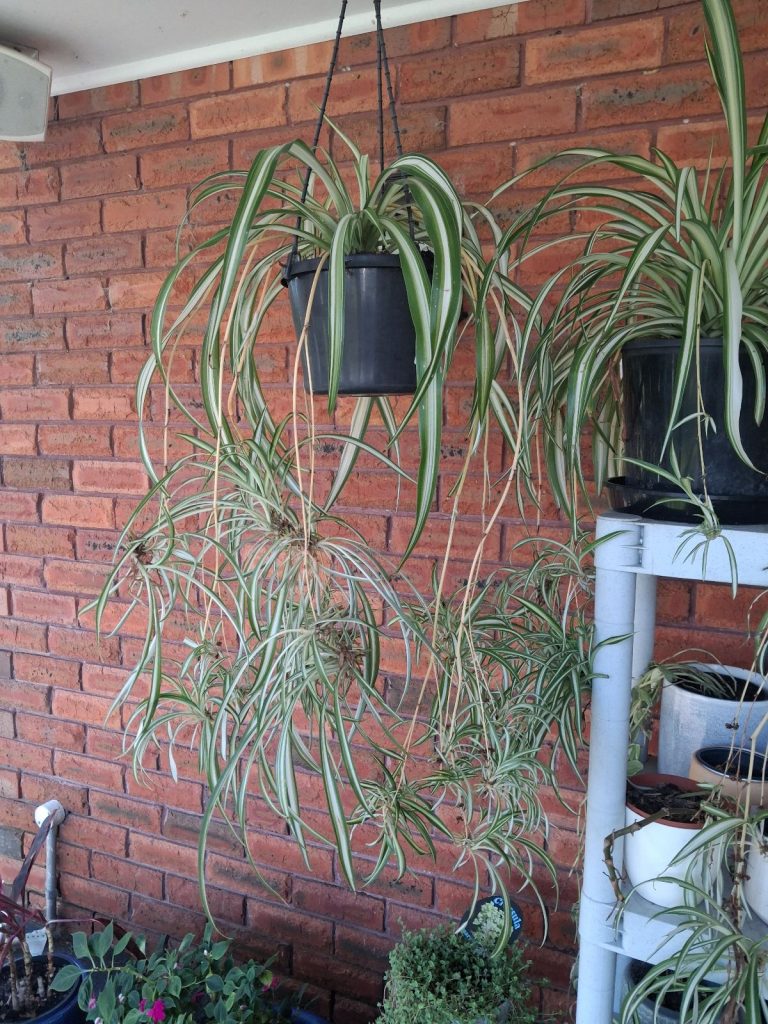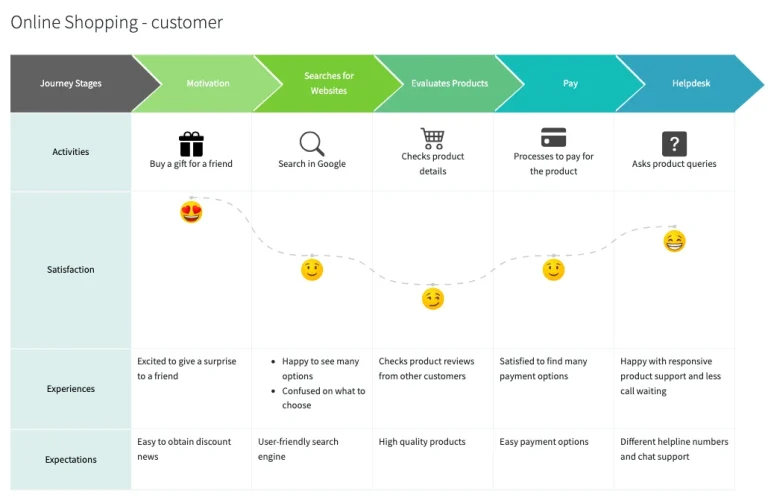
In today’s digital age, small businesses must leverage every tool at their disposal to stand out in a crowded online marketplace. One of the most effective strategies for achieving this is local SEO link building. This process involves acquiring high-quality backlinks from websites that are relevant to your business’s geographic area, thereby improving your visibility in local search results. In this comprehensive guide, we will explore the importance of local SEO link building, the strategies you can employ, and how to avoid common pitfalls.
Understanding Local SEO Link Building
Local SEO link building is the practice of obtaining backlinks from websites that are specific to your locality. These links help establish your website as a credible and authoritative source within your community. Unlike general link building, which focuses on increasing overall authority, local link building targets links from local directories, news sites, and other community-focused platforms. This helps search engines understand the geographic relevance of your website, leading to improved rankings in local search results.
For instance, if a local news outlet links to your site, it acts as a stamp of approval, signaling to search engines that your business is trustworthy and relevant to the local audience. According to a study by BrightLocal, 98% of consumers used the internet to find a local business in 2022, with 34% searching every day. This underscores the importance of local SEO link building in driving targeted traffic to your website.
The Impact of Local Link Building on Local SEO
Local link building plays a crucial role in enhancing your local SEO efforts. When your website acquires links from reputable local sources, it sends a strong signal to search engines that your business is relevant to the local market. This can significantly improve your rankings in local search results, making it easier for potential customers to find your products or services.
Moreover, local link building can lead to increased referral traffic from the websites that link to you. This traffic consists of users who are more likely to be interested in your offerings, as they are searching for local businesses. Additionally, local link building can enhance your brand awareness within your community, establishing you as a trusted and authoritative source in your industry.
Benefits of Local SEO Link Building
There are several benefits to investing in local SEO link building:
- Improved Local Search Rankings: By acquiring links from local websites, you can establish your authority and relevance within your local market, leading to higher rankings in local search results.
- Increased Referral Traffic: Links from local websites can drive targeted traffic to your site, increasing the likelihood of conversions and sales.
- Enhanced Brand Awareness: Local link building helps establish your business as a credible and trustworthy source within your community, leading to increased brand recognition and customer loyalty.
Top Local SEO Link Building Strategies
To effectively build local links, consider implementing the following strategies:
1. Analyze Competitors’ Backlink Profiles
One of the best ways to identify local link opportunities is to analyze your competitors’ backlink profiles. Tools like Ahrefs, Moz, and Semrush allow you to see where your competitors are getting their links from. By identifying these local websites, you can reach out to them and inquire about linking to your site as well.
2. Search for Unlinked Brand Mentions
Use tools like Google Alerts or Mention to track online mentions of your brand. If you find a mention that doesn’t include a link, reach out to the website owner and ask if they’d be willing to add one. This can help you acquire valuable backlinks from local websites.
3. Sponsor Local Events and Teams
Sponsoring local events and teams can provide excellent opportunities for local link building. By supporting local causes, you can gain exposure to a targeted local audience and earn links from event websites, local news sites, and social media mentions.
4. Participate in Local Business Organizations
Joining local business organizations, such as the Chamber of Commerce or industry-specific associations, can provide valuable opportunities for local link building. These organizations often have member directories or partner pages on their websites where they link to member businesses.
5. Collaborate with Local Influencers
Collaborating with local bloggers, journalists, or social media personalities can help you build local links and reach a targeted local audience. By partnering with influencers who align with your brand values, you can tap into their engaged follower base and earn links from their websites or social media profiles.
6. Create Location-Specific Content
Developing content tailored to your local market, such as neighborhood guides, local event roundups, or interviews with local business owners, can attract links from other local websites. This type of content also helps improve your local search rankings by incorporating relevant local keywords.
7. Leverage Local Directories and Citations
Listing your business in local directories and ensuring consistent citations across these platforms can help improve your local search rankings. Consistent and accurate information across directories makes it easier for potential customers to find and contact your business.
Optimizing Your Website for Local Link Building
To maximize the effectiveness of your local link-building efforts, ensure your website is optimized for local search. Here are some key steps to take:
1. Make Your Landing Pages Location Specific
Create landing pages that are specific to each location you serve. This makes your site more relevant to local search queries and increases the likelihood of local websites linking to you.
2. Use Local Keywords
Incorporate local keywords throughout your site, including in your content, meta tags, and URLs. This helps search engines understand the geographic relevance of your site and improves your rankings in local search results.
3. Build On Standard SEO Practices
Ensure your website is optimized for general SEO practices, such as being mobile-friendly, having a clear structure and navigation, and creating high-quality, relevant content.
4. Claim and Optimize Google Business Profile
Claim and optimize your Google Business Profile to ensure all your business information is accurate and up-to-date. This can help improve your rankings in Google’s local search results and make it easier for local websites to link to your site.
Best Practices for Local Link Building
When building local links, focus on the following best practices:
1. Focus on Relevance and Quality
Prioritize acquiring links from websites that are relevant to your business and local area. High-quality, reputable sources carry more weight than low-quality, spammy sites.
2. Diversify Your Link Profile
Avoid relying on a single source for your links. Diversify your link profile by acquiring links from a variety of different types of websites, such as local directories, blogs, news sites, and business associations.
3. Avoid Spammy Tactics
Steer clear of spammy link-building tactics, such as buying links or participating in link schemes. These practices can lead to penalties from search engines and harm your online reputation.
Conclusion
Mastering local SEO link building requires a strategic approach that focuses on building genuine relationships with local businesses and organizations. By acquiring high-quality local backlinks from relevant and reputable sources, you can significantly boost your website’s rankings in local search results. Remember to prioritize building authentic connections within your community to earn valuable links naturally. With a thoughtful and consistent approach to local SEO link building, you can pave the way for sustained growth and success in your target market.








